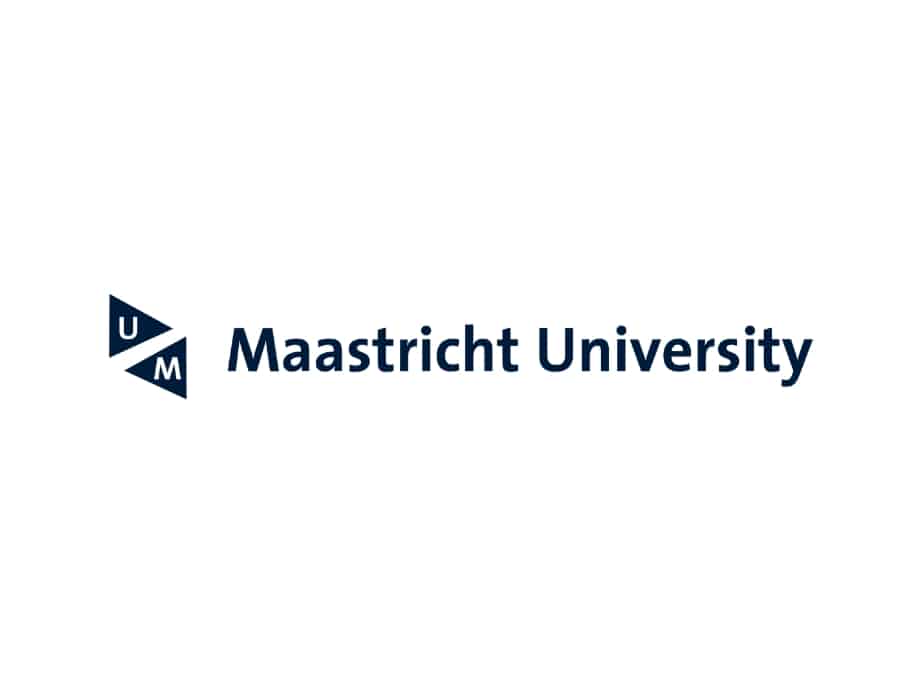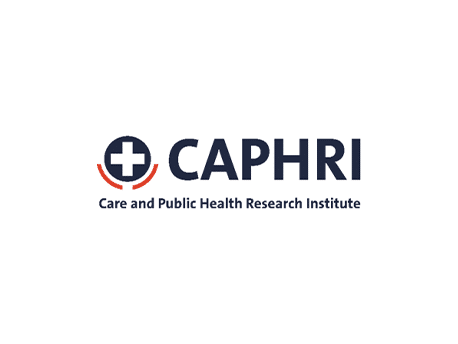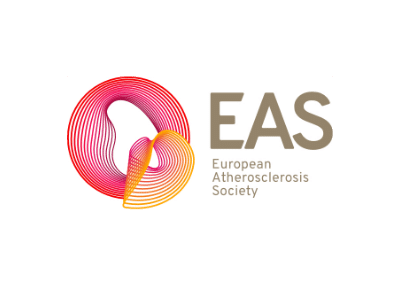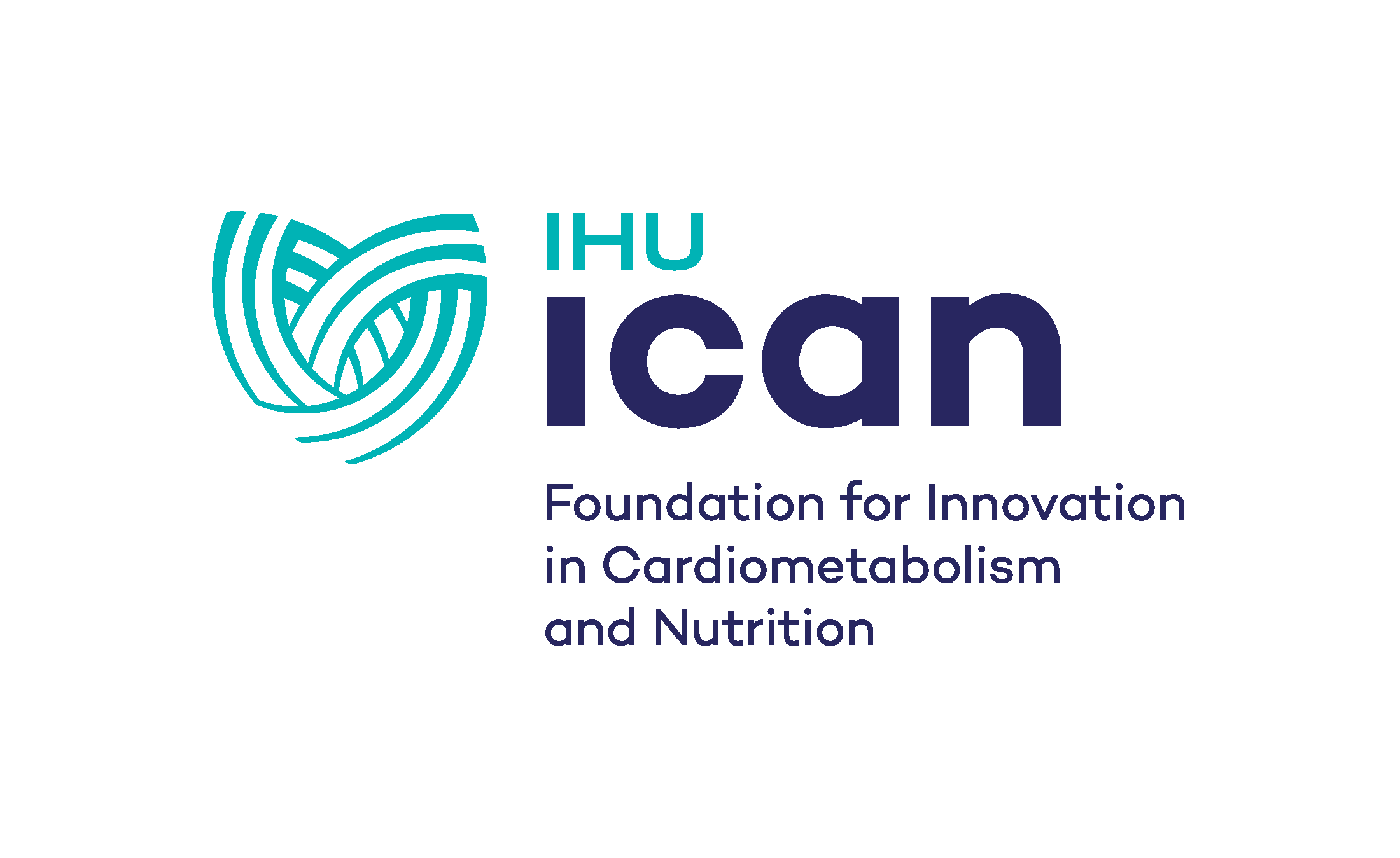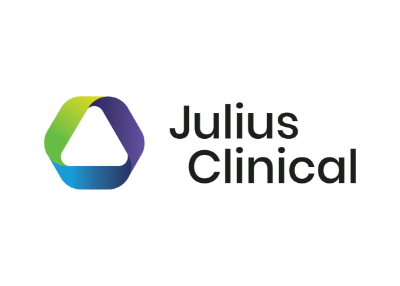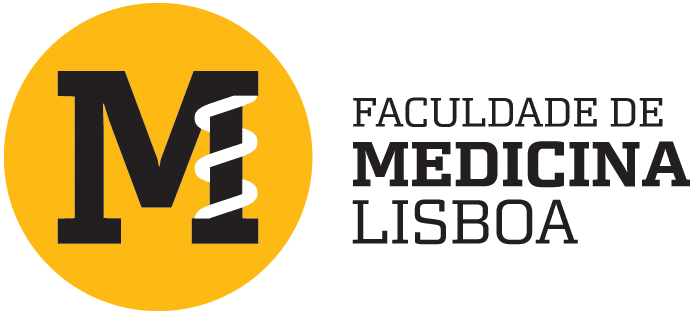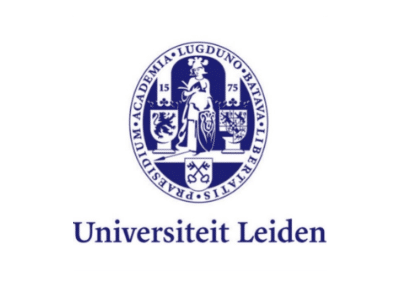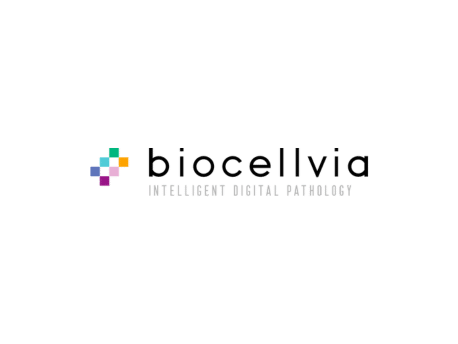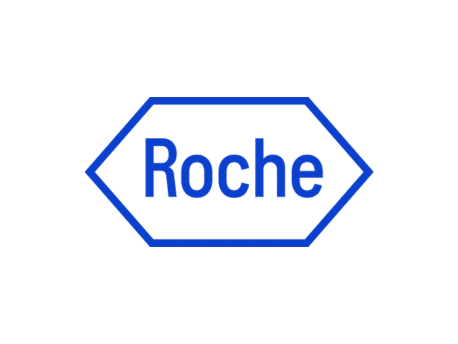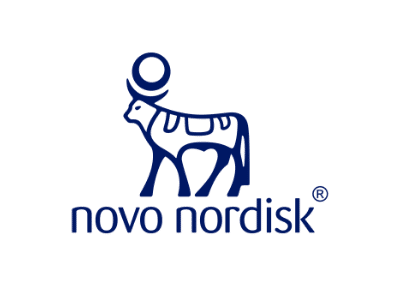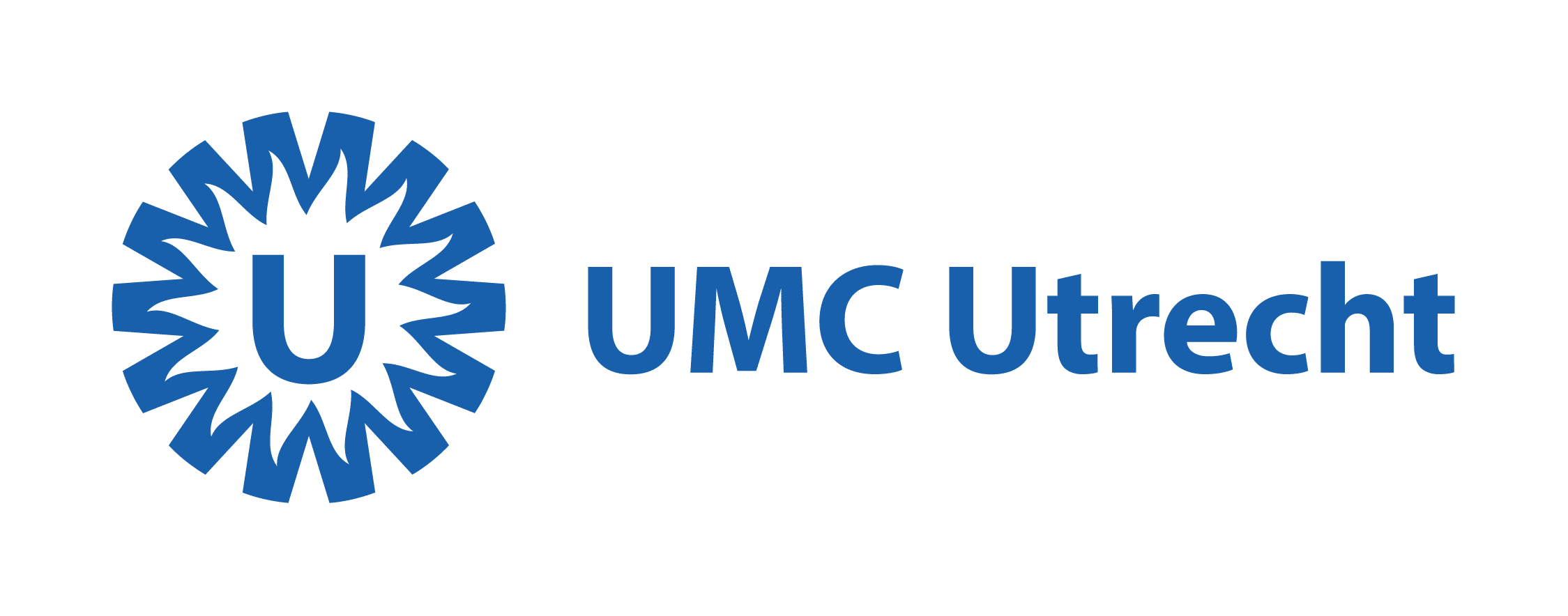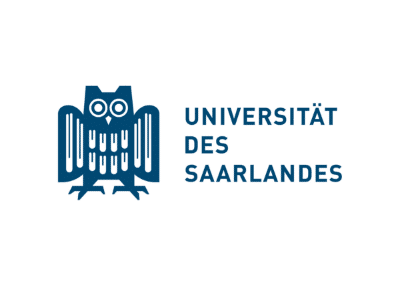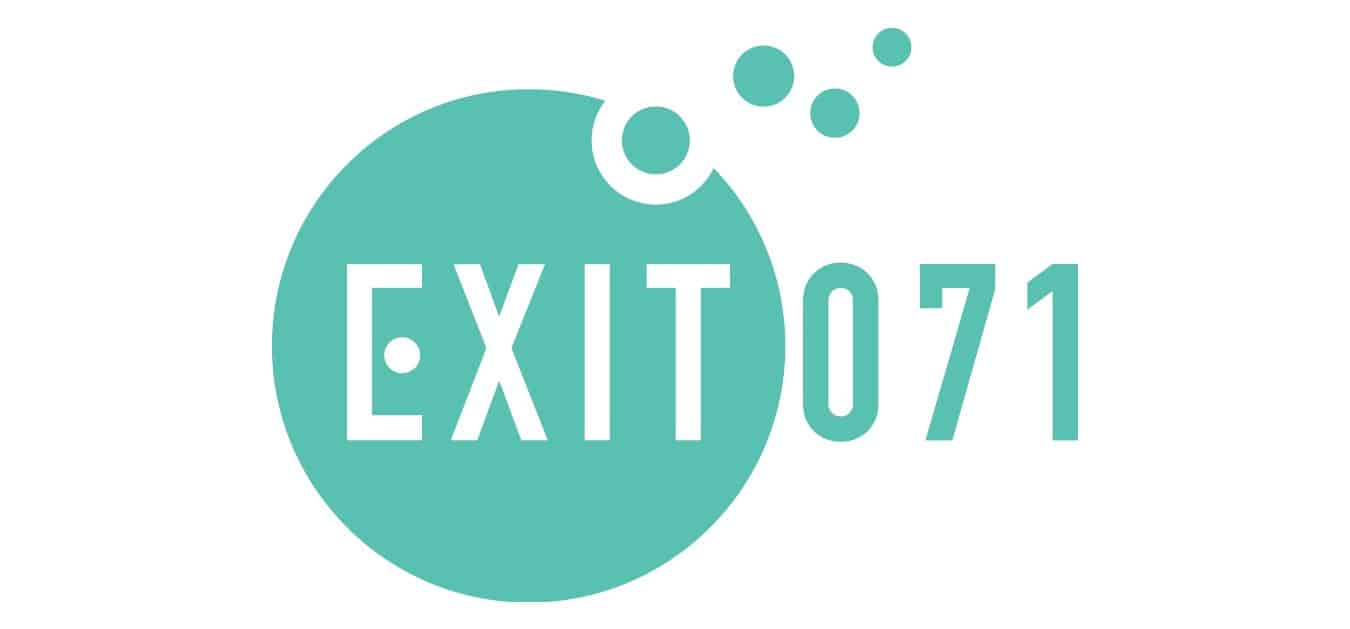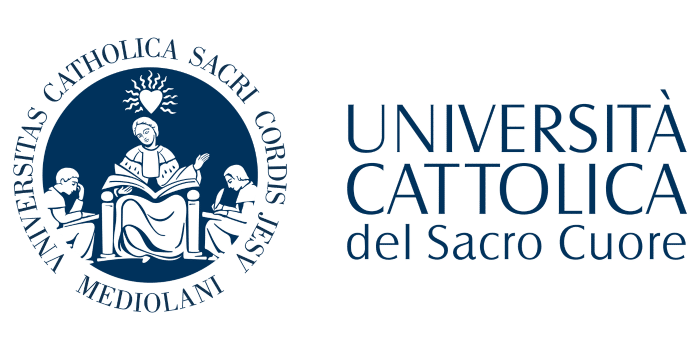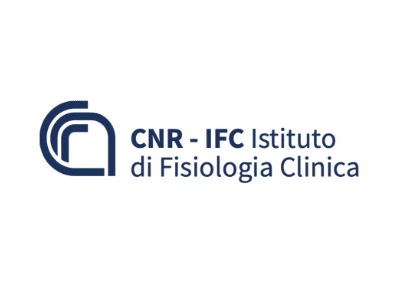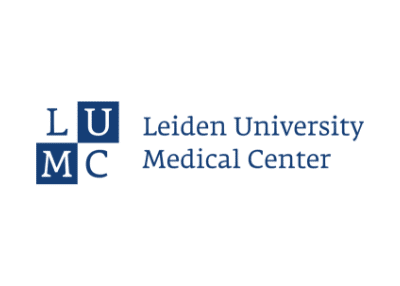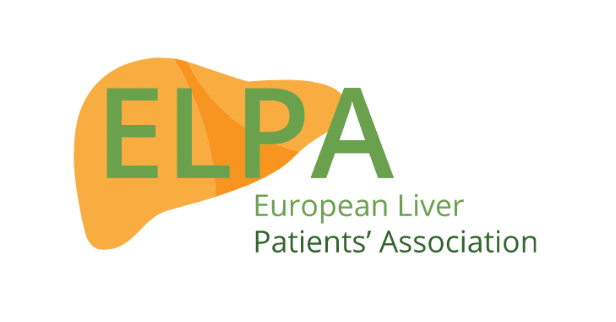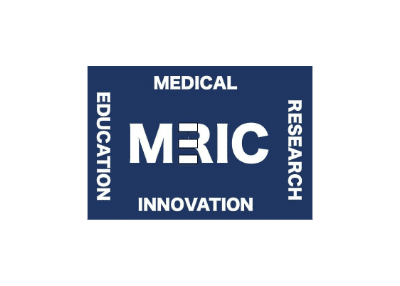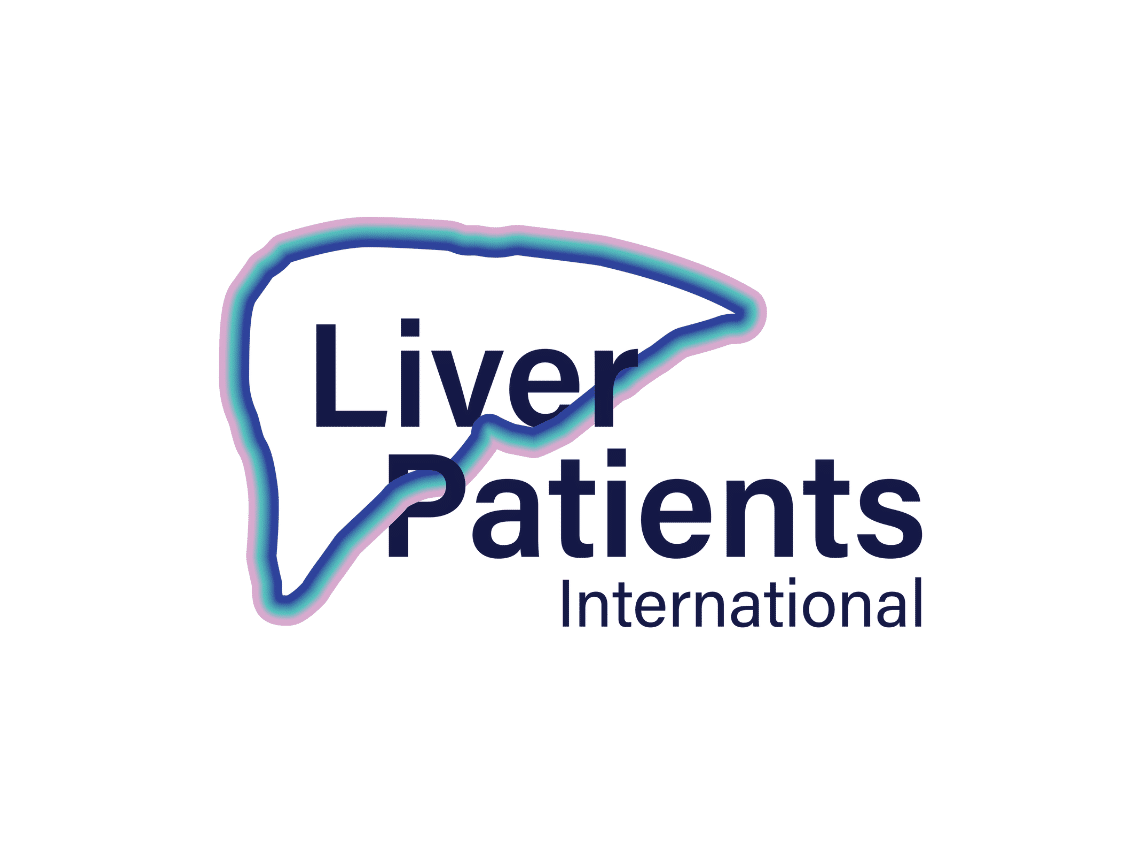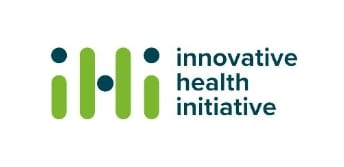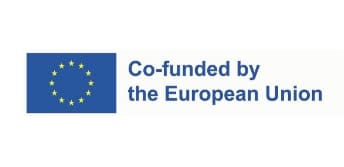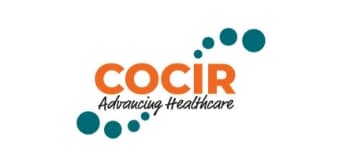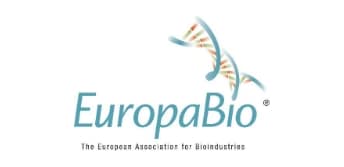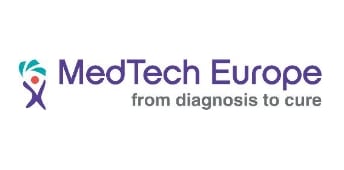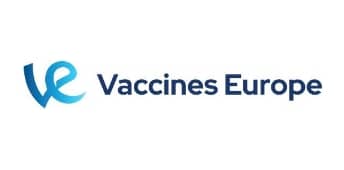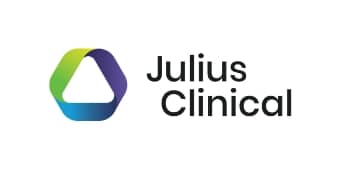Maastricht University (UM)
Maastricht University is the most international university in the Netherlands and, with nearly 22,000 students and 4,400 employees, is still growing. The university distinguishes itself with its innovative education model, international character and multidisciplinary approach to research and education.
Thanks to its high-quality research and education, as well as a strong focus on social engagement, UM has quickly built a solid reputation. Today, it is considered one of the best young universities in the world.
Faculty of Health Medicine and Life Sciences (FHML)
Both at home and throughout Europe, FHML is one of the most renowned institutes of its kind. We stand for cutting edge research and education, and pride ourselves on rapidly incorporating the latest developments and insights, and methods into our programmes. We also believe strongly in multidisciplinarity, looking at each topic from different angles and ensuring that the different specialists always work in close collaboration. More, FHML is always looking beyond borders. International healthcare is high on our agenda, and our work regularly transcends national boundaries, both in research and in education. FHML works in close cooperation with Maastricht UMC+ (MUMC+).
Maastricht UMC+ is a partnership between Maastricht University Hospital and Maastricht University’s Faculty of Health, Medicine & Life Sciences.
We distinguish ourselves nationally and internationally by focusing not only on restoring people to good health but also on helping them stay healthy and improve their health. In addition to tertiary referral care and top clinical patient care, our core tasks are research, education and training, and valorisation. Maastricht UMC+ also provides basic healthcare services for the city of Maastricht and environs. This means that, in cooperation with our network partners, we are uniquely equipped to deliver healthcare services from baseline to tertiary level and thus offer precisely the right care where it is needed, but also to investigate the effects of new healthcare models. In our teaching, we take a multidisciplinary and problem-based approach that uses case histories to impart knowledge.
